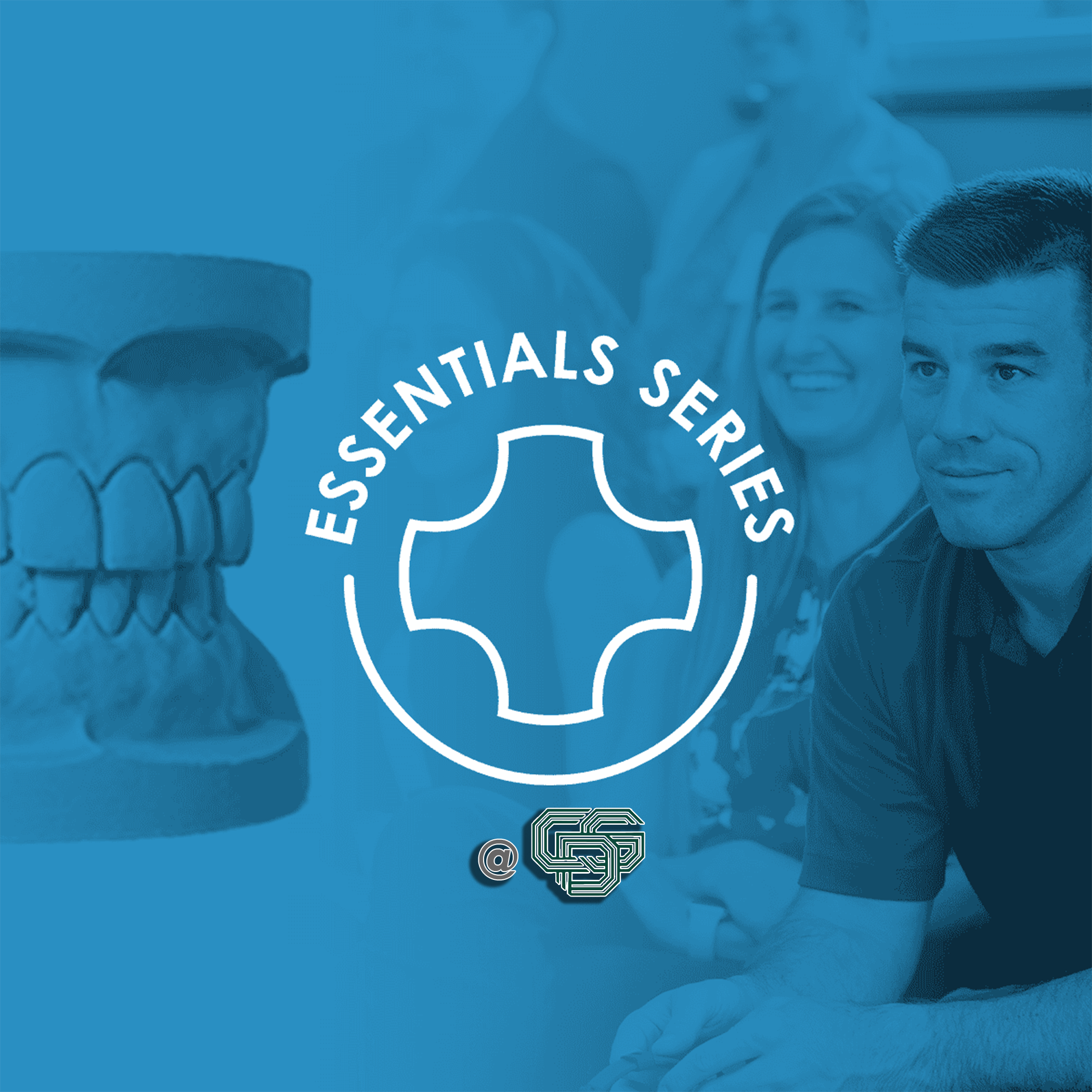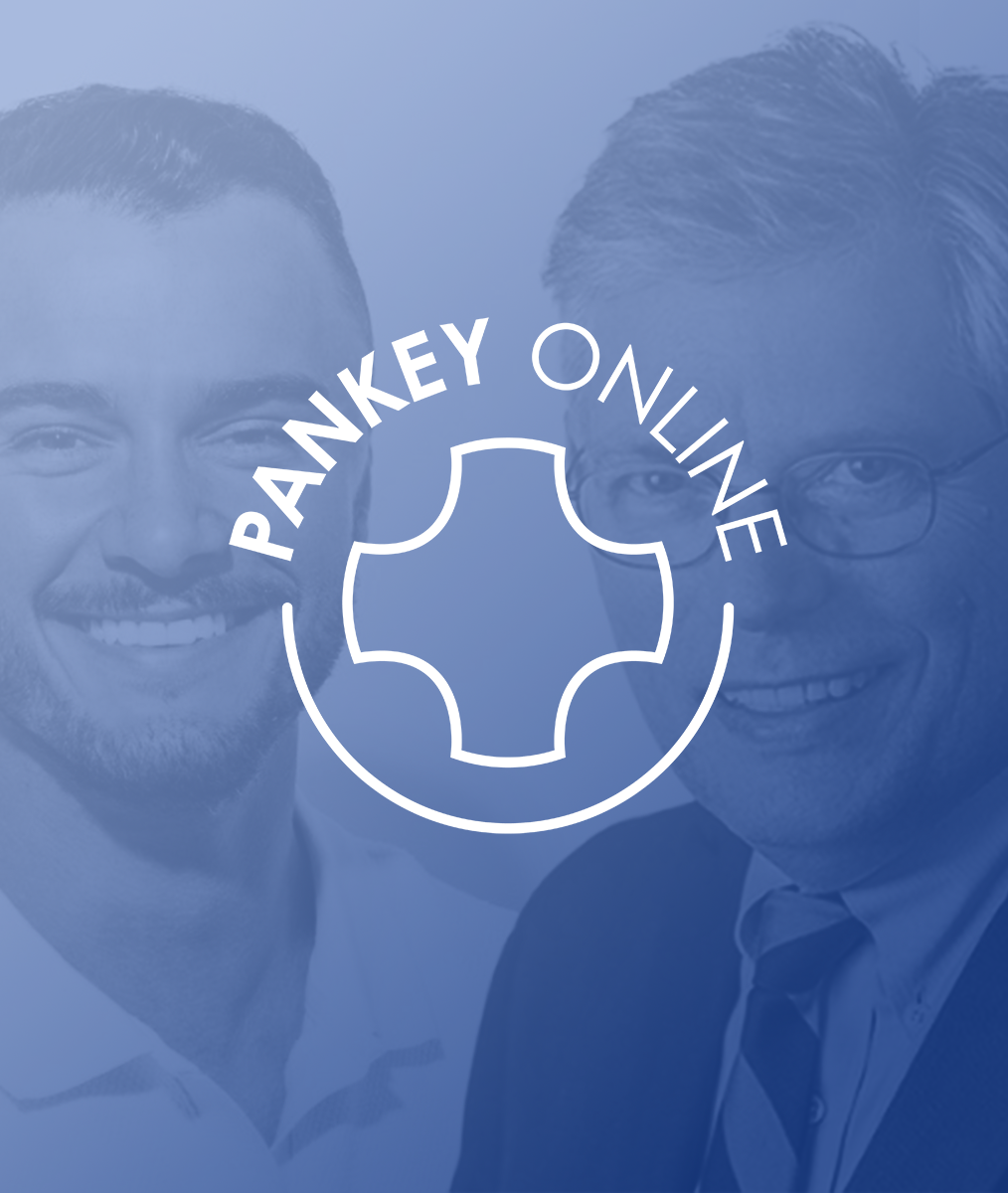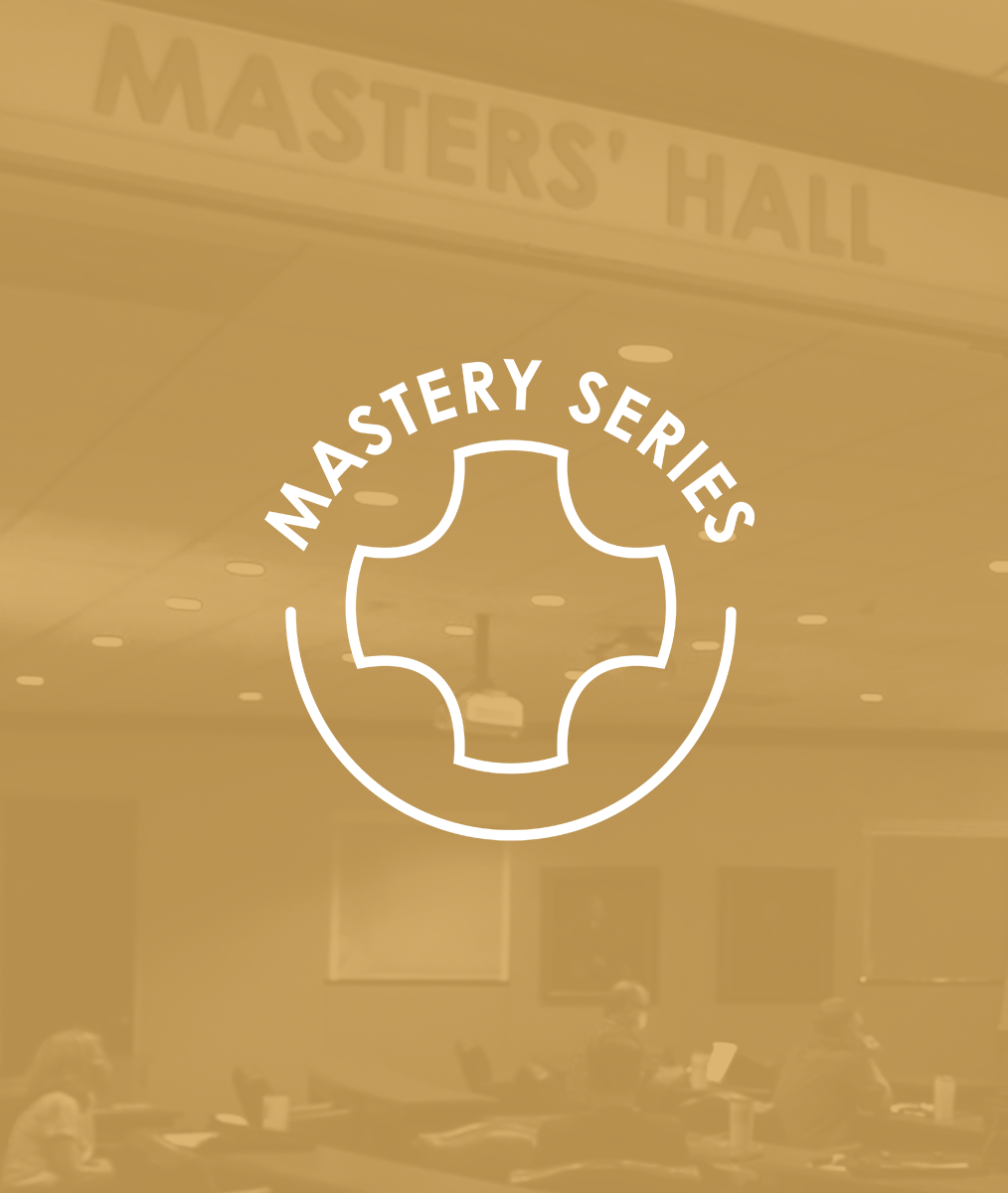Dental Team Phone Skills
Okay teams, here I go again talking about basic phone skills. It might seem as though this is a pretty old horse that has been beaten to death one too many times. The reality, though, is that your phone continues to be the single most important tool in your office.
Why Phone Call Communication Skills Still Matter
The other reality is that all too often, this valuable instrument is under-functioning due to the lack of intention, precision, and focus of the people answering it. I love referring to your phone as an ‘instrument’ as it takes a skilled musician willing to put in time and energy for it to sound magical.
And yes, there is a very sweet recipe made up of having a talented individual that LOVES answering the phone combined with appropriate training in facilitation. Only this can create a truly extraordinary experience for the patients that are calling your office.
How to Improve Calls Through Coaching
Not sure if this is happening in your practice? I have one simple suggestion: record your calls and make time on a regular basis to listen to them. Learn for yourself exactly what is occurring.
After listening to hundreds of calls this past year alone, I can tell you without a doubt there are always opportunities for improvement on basic (and of course advanced) phone skills.
As you listen to calls, I invite you to become and stay interested in a number of things:
- Does your team member have a warm and welcoming spirit?
- How quickly is a caller asked for their name?
- Do they sound genuinely interested in the person on the other end?
- Are they inviting the patient’s story? Responding appropriately?
- How much value building is there for your practice?
- In what ways is the patient assured that they called the right place?
- Are potential patients being asked to schedule?
Listening to calls with individual team members can be a wonderful coaching opportunity! Although it may take some time and energy to create a safe environment in which to do this, I find the process engaging, enlightening, and potentially transformational. What do you say? Is it time to see if your phone is making magical music?
Related Course
E1: Aesthetic & Functional Treatment Planning at the Chicago Midwinter Dental Meeting
DATE: February 20 2025 @ 7:00 am - February 22 2025 @ 8:00 pmLocation: Chicago Midwinter Meeting
CE HOURS:
Transform your experience of practicing dentistry, increase predictability, profitability and fulfillment. The Essentials Series is the Key, and Aesthetic and Functional Treatment Planning is where your journey begins. Following a system of…
Learn More>





















